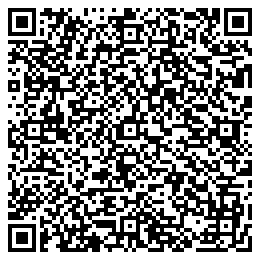



Introduction
Business systems analysis is the discovering, analysing, modeling and specification of the logical requirements of a business in order to design and build effective business solutions.
Business systems analysis requires specialised knowledge and skills. The process of identifying and defining business requirements is very different from applying technology to address business requirements.
Participants will gain knowledge of the best techniques and methods for gathering requirements from users and other stakeholders; develop business and data models that describe these requirements and write detailed specifications that provide an accurate blueprint for the designing, building and testing of the proposed system. They will also learn how business systems analysis techniques can be related and integrated using the Architecture Framework to ensure that all the requirements are comprehensively described and correctly defined.
Objectives
This seminar aims to enable participants to achieve the following objectives:
Training Methodology
State-of-the-art business systems analysis methods and techniques are transferred by means of short, focused presentations which are followed by experiential learning workshop sessions. In these sessions the knowledge gained is applied to real-world examples and case studies. Rapid learning of the methods and techniques is achieved by means of group work, individual work, participant discussion, facilitator interaction and constructive feedback.
Organisational Impact
Personal Impact
SEMINAR OUTLINE
DAY 1
Introduction to Business Systems Analysis
DAY 2
Modeling the Business
DAY 3
Modeling the Business (Continued)
DAY 4
Gathering Information
DAY 5
Preparing a Business Requirements Specification
ASSESSMENT:
Following attendance on the workshop delegates are required to complete an assignment related to their organisation. They should bear in mind the topics covered on the programme. It is recognised that information is vital when undertaking business analysis. Devise a sample questionnaire which you could use to gather such information.